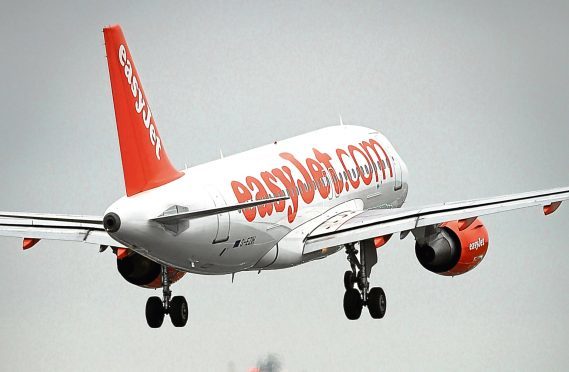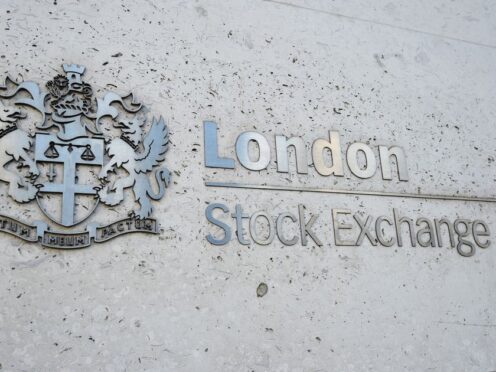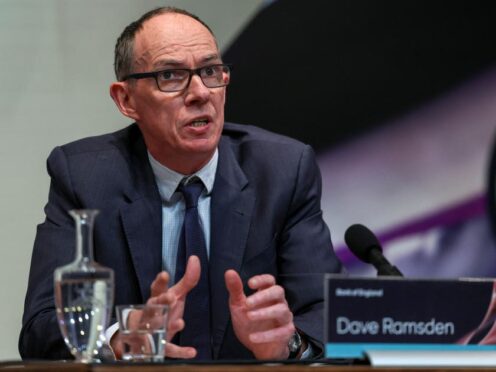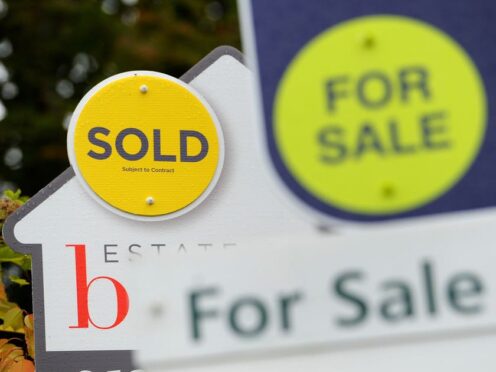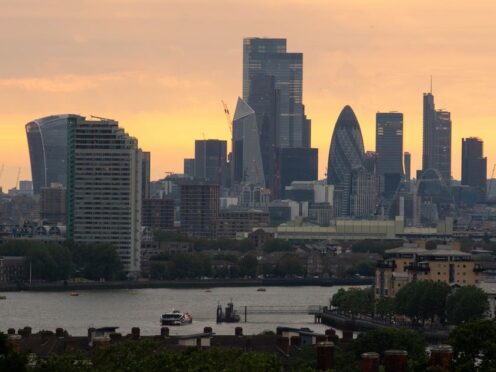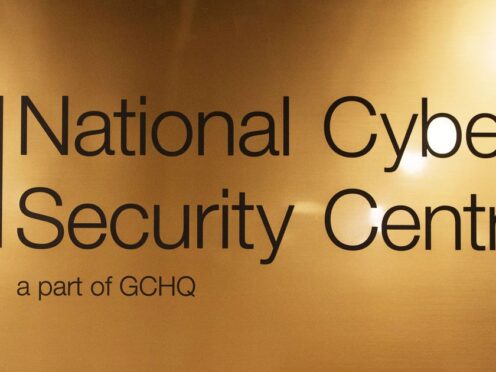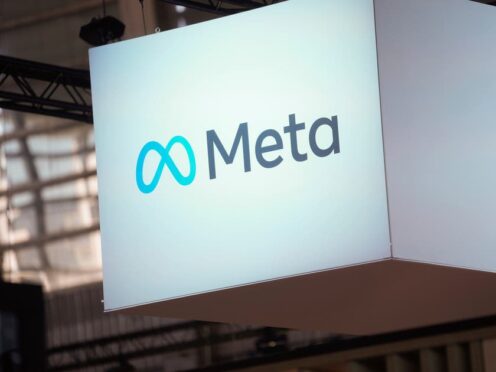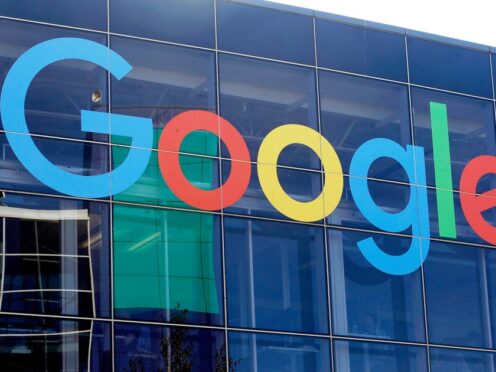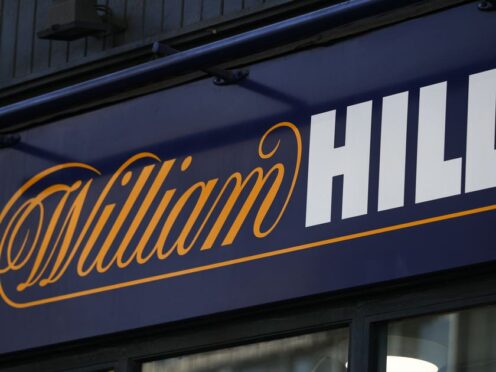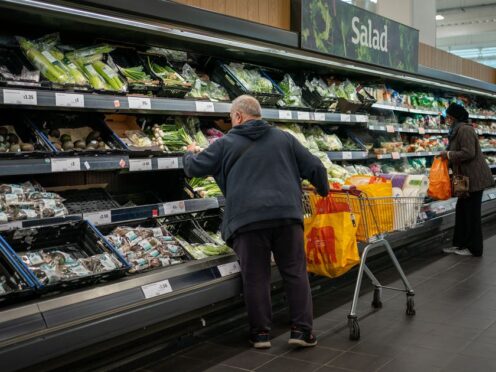EasyJet has seen annual profits nosedive by 17% after taking a £101million hit from the weak pound.
But the budget airline confirmed yesterday a boost from the demise of rivals and woes at Ryanair.
Delivering her last set of results before taking on the top job at ITV, easyJet chief executive Carolyn McCall said it had been a “difficult” year for the industry.
The airline posted headline pre-tax profits of £408million for the 12 months to September 30, down from £494million the previous year.
Sterling’s plunge since the Brexit vote took its toll on the carrier’s bottom line, while a price war left revenues per seat falling 7.8% excluding currency changes.
The blow to profits was not as bad as feared, thanks to a record performance in the final three months after rival Ryanair was forced to cancel hundreds of flights due to it miscalculating pilot leave.
EasyJet also said trading to date in its new financial year had been “encouraging”, thanks to last month’s collapse of Luton-based carrier Monarch, the demise of Air Berlin and Alitalia’s administration.
Forward bookings are higher than a year earlier, by 88% for the first quarter and 26% for the second quarter, while the airline now expects revenue per seat to grow by “low to mid-single digits” in the first half.
However, the group stressed the outlook for the second half of the year was “very limited”.
It also cautioned over costs of its deal to buy up to 25 aircraft from now-defunct Air Berlin as well as recruit up to 1,000 staff from the group, with the operation in Berlin Tegel expected to make headline losses of £60million, plus around another £100million in other one-off costs.
Ms McCall said: “EasyJet delivered a robust performance during a difficult year for the aviation industry.
“Our planned approach of achieving number-one or two positions at Europe’s leading airports, friendly and efficient customer service and a continuous focus on sustainable cost control has put easyJet at a strategic advantage during a period when there have been bankruptcies and some airlines have struggled operationally.”
The group said last month that full-year profits were likely to come in at the top end of its forecasts, after it carried 24.1million passengers in its final quarter.
It flew a record 80million passengers over the full year to September 30, with its highest ever annual load factor of 92.6% – a key measure of how well airlines fill their planes.
